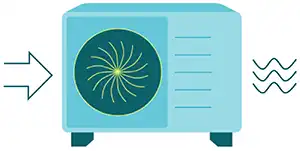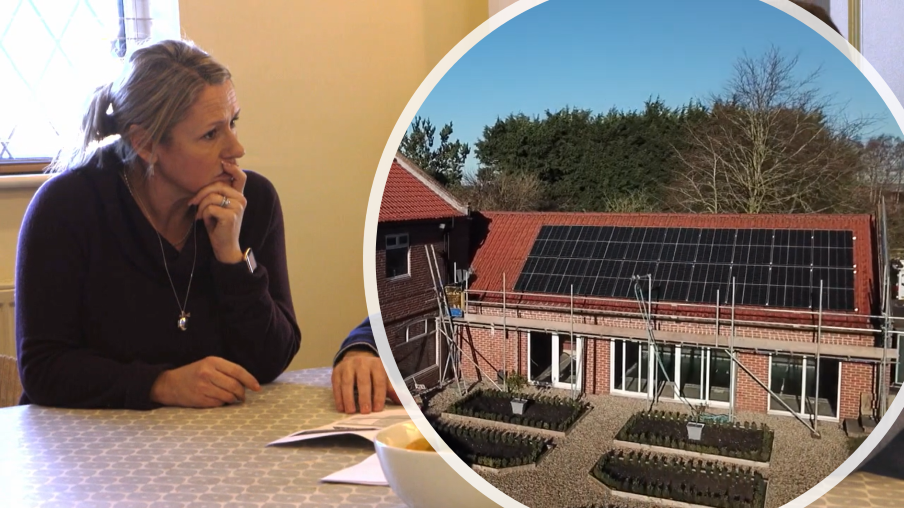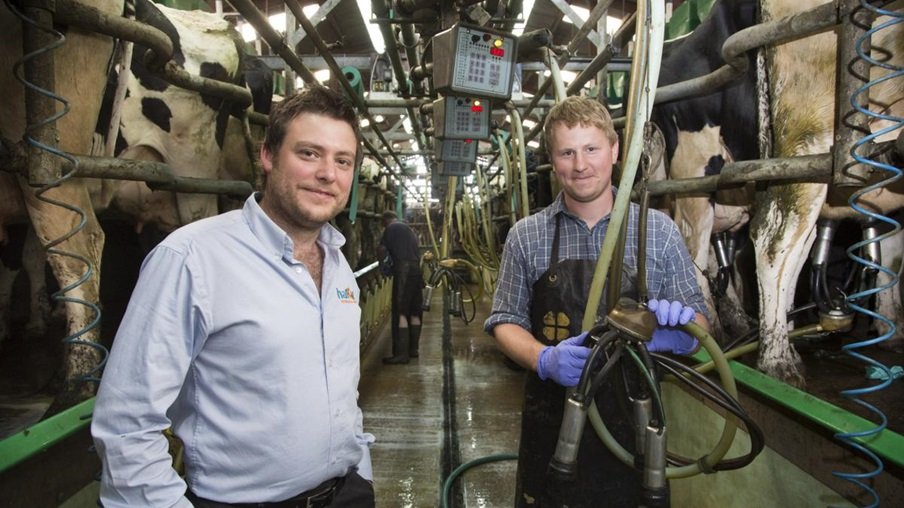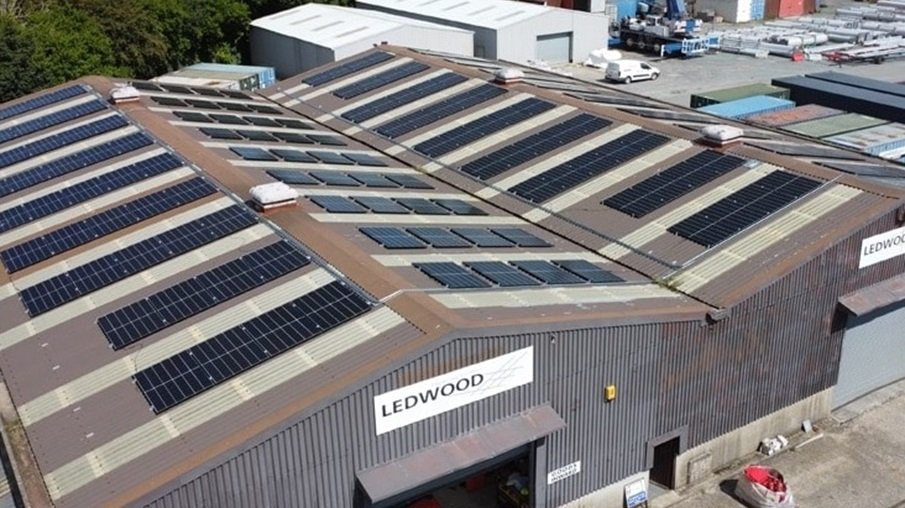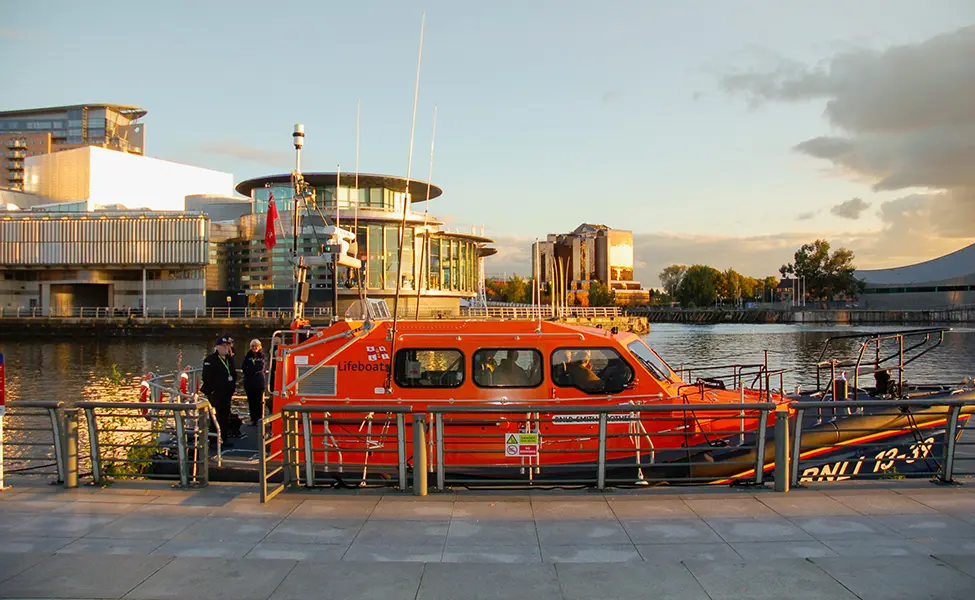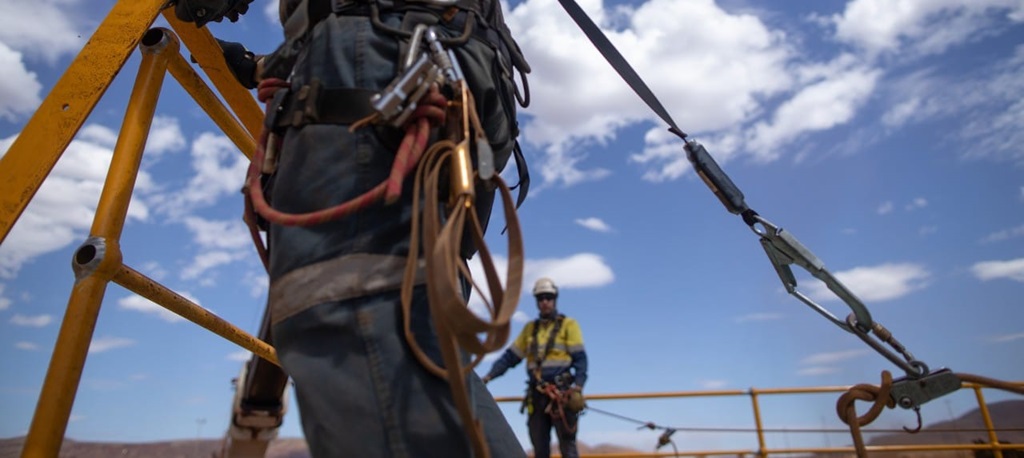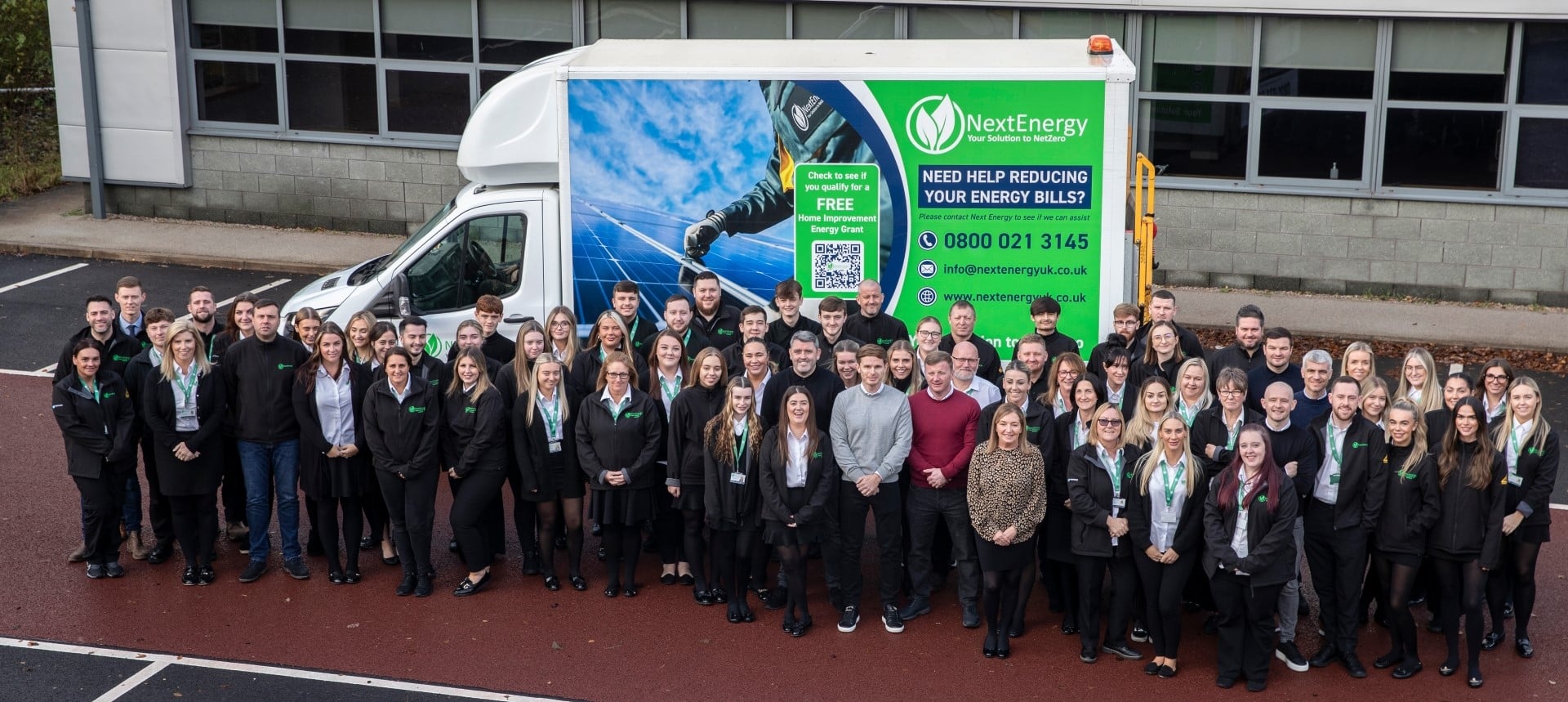
Power up your energy transition
We help homes and businesses in their energy transition journey with renewable energy solutions.




End-to-end energy transition services
Choose a cleaner energy future with Certas Energy.
As one of the UK’s leading distributors of fuel with a growing offering of renewable technology and services, we are harnessing our industry-leading expertise to drive meaningful and sustained change for homes and businesses.
Why Certas Energy Renewables?
Reliability
Our accredited experts help reduce the complexity of the energy transition for homes and businesses.
Efficiency
Gain energy independence and reduce your energy bills while progressing towards a cleaner energy future.
Sustainability
Lower your carbon emissions for a sustainable future and join the vision to achieve net zero by 2050.
OUR RENEWABLE ENERGY SERVICES
How We Can Help
Solar PV & Battery Storage
Lower your energy costs
Heat Pumps
Stay running, always
HVO
Reduce your emissions
EV Charging
EV charging made simple
Energy Consultancy
With expertise across the DCC Group, we empower homes and businesses to make the right decisions for their unique energy needs, take action, and advance in their journey to Net Zero.

Evolving your home energy →
We help evolve the way you power your home – by providing high quality, renewable solutions, tailored for your household’s unique needs.
Whether financed by you or supported by eligible government grants, our solutions help you achieve a lower-carbon, energy-efficient, and cost-effective home.

CASE STUDIES
Customer Success Stories
Solar + Heat Pumps | Domestic
Solar | Agriculture
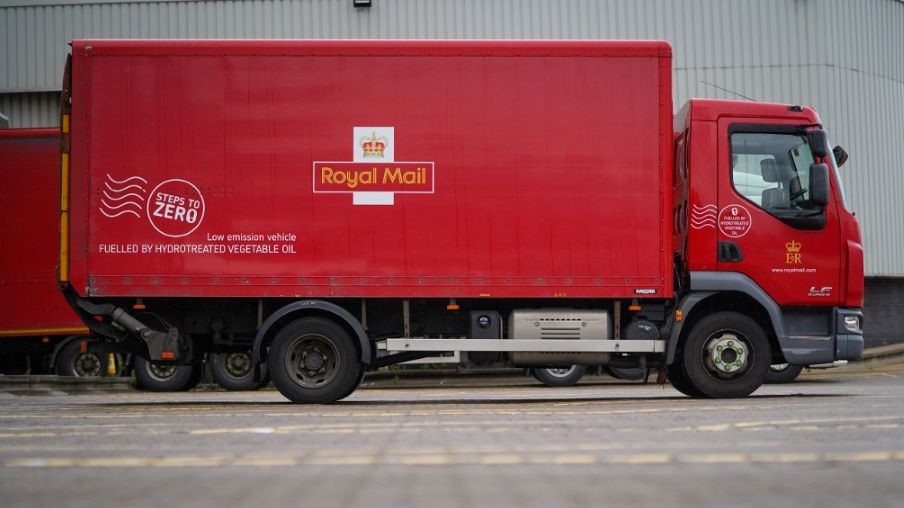
HVO | Commercial
Royal Mail save 2.1m litres of diesel
Royal Mail are committed to reduce their carbon emissions and reach Net Zero. They implemented the use of HVO to decarbonise their fleet with a low-carbon option. Our HVO solution has helped save a combined consumption of 2.1 million litres of diesel.
Solar | Manufacturing

POWERING THE ENERGY TRANSITION, TOGETHER
A Family of Renewable Experts
Ready to learn more?
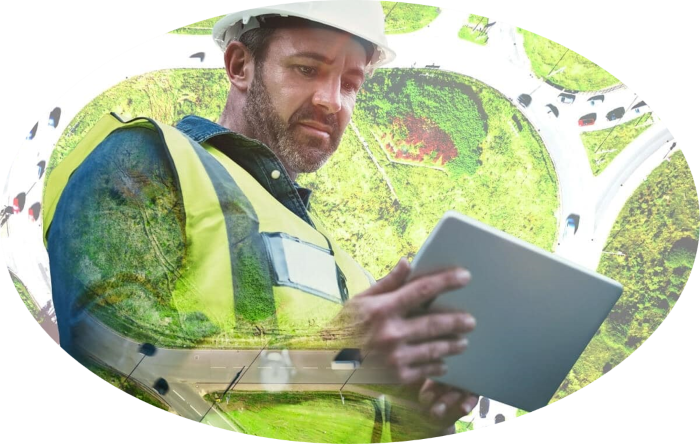
Frequently Asked Questions
Renewable energy is natural energy that comes from a source that won't run out.
Renewable energy - which usually has a low- or zero-carbon footprint - is great for the environment and vital in the race to tackle climate change.
In the UK, there are 4 main sources of renewable energy: solar energy, wind power, bioenergy (organic matter burned as a fuel) and hydroelectric, including tidal energy.
The UK is on a mission to reach net zero by 2050, and so using electricity that comes from renewable sources is essential to help reduce our carbon emissions.
Renewable sources are in much more plentiful supply, compared to fossil fuels, and produce little or no harmful emissions when used, so the clean energy they provide will play a crucial role in preventing further global warming.
There are many benefits of renewable energy:
- Lower energy costs
- Reduced carbon emissions
- Energy independence from the National Grid
- Enhanced reliability and security
- Job creation and opportunities within Renewable sector
Solar is a renewable and infinite energy source that creates no harmful greenhouse gas emissions. It works by converting energy from the sun into power, and offers many benefits:
✓ Reduced electricity bills
✓ Lower carbon emissions
✓ No running costs
✓ Low maintenance
✓ 25 years+ life expectancy
✓ Energy independence from the Grid
Solar panels - which generate heat and electricity from the sun - are usually made from silicon, or another semiconductor material. When this material is exposed to photons of sunlight, it releases electrons and produces an electric charge.
This PV charge creates an electric current (direct current / DC), which is converted to alternating current (AC) by an inverter. AC is the
type of electrical current used when you plug appliances into normal wall sockets.
The carbon footprint of solar panels is already quite small, as they last for over 25 years. Plus, the materials used in the panels are increasingly recycled, so the carbon footprint will continue to shrink.
‘Carbon Neutral’ refers to the ambition to limit any increase in future carbon emissions, while using offsets to neutralise existing emissions. It's also less prescriptive regarding the reporting boundary, with the inclusion of wider value chain (Scope 3) emissions being encouraged but not mandatory.
‘Net Zero’ refers to the amount of greenhouse gases – such as carbon dioxide, methane or sulphur dioxide – that are removed from the atmosphere being equal to those emitted by human activity. There is more focus on reducing carbon emissions as much as possible first, and only offsetting unavoidable, residual CO2 as a last resort.
Organisations are working hard to reduce their greenhouse gas emissions. In order to reduce emissions, we need to understand and measure where they're coming from in the first place.
'Scope 1, 2, and 3' are a way of categorising the different kinds of emissions a company creates in its own operations and in its wider operations.
Scope 1 emissions
Scope 1 emissions refer to direct emissions that are owned or controlled by an organisation (e.g., burning fuel in a company's fleet of vehicles)
Scope 2 emissions
Scope 2 emissions are indirect emissions from the generation of purchased energy (e.g., emissions caused by the generation of electricity used in an office building)
Scope 3 emissions
Scope 3 emissions are not produced by the company itself and are not the result of activities from assets owned or controlled by them, but are all other indirect emissions from an organisations' operations (e.g., when a company uses, buys and disposes of products from suppliers)
ACCELERATING THE NET ZERO VISION
Committed to making sustainable choices
At Certas Energy, we live and breathe Sustainability and it is integral to our decision making.
ESG and sustainability are at the forefront of our business operations and how we support our customers.

